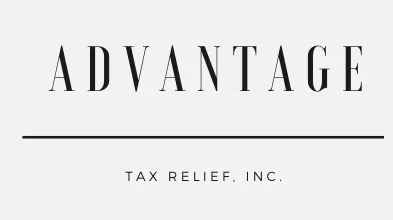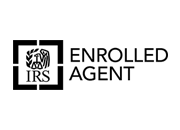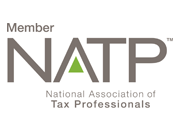Tax Help for Individuals
Free Consultations | After-Hours Service by Appointment | Personalized Tax Services
Free ConsultationsAfter-Hours Service by AppointmentPersonalized Tax Services
Tax Help For the Self-Employed
According to the IRS, an individual who works as an independent contractor or owns a business as a sole proprietor or partnership for profit is self-employed. An independent contractor is a person, business, or corporation that provides goods or services under a written contract or a verbal agreement.
Independent contractors do not work regularly for an employer but work as required. There are certain factors for determining whether you run a business or as a pastime that is considered a hobby. As a hobby, you can deduct expenses up to the amount of income. You can never take a loss.
The basic tenants of qualifying as a business are that your intentions and actions are to make a profit, you depend on the profit for your livelihood, and the activity must make a profit in some years. The IRS assumes that an activity is for-profit if it makes a profit in at least three of the last five tax years, including the current year. Otherwise, it is considered a hobby.
Whether as an independent contractor or as a business, self-employed individuals have different tax obligations than employees. There is no periodic withholding tax for the self-employed. If making a profit, both self-employment tax and income tax may need to be paid.
Self-employment tax includes both the employee and employer portions of the Social Security and Medicare taxes. The current rate is 15.3% on the first $132,900 of net income plus 2.9% on the net income in excess of $132,900 in net income.
The best way to reduce your self-employment tax is to keep track and deduct as many business-related expenses that you legally can. This will reduce your net income and correspondingly reduce your self-employment tax. Other deductions such as the standard deduction or itemized deductions won't reduce your self-employment tax.
Some of the most common deductible expenses are as follows:
- Rent
- Internet and utility bills
- Health insurance premiums
- Car and truck expenses
- Salaries and wages or contract labor
- Office supplies
- Interest and sales taxes on credit card purchases
- Supplies
- Depreciation
- Home office equipment and space
- Meals
- Travel
The above list is not inclusive and can vary for the type of business. Deductible expenses MUST be necessary and ordinary for the type of business. The self-employed and small businesses are some of the IRS's favorite audit targets. You MUST have and KEEP receipts or other documentation to back-up your deductions.
If you are self-employed, you might consider incorporating or forming a limited liability company (LLC). Corporations and LLCs are audited less frequently than other small businesses. Incorporating or forming an LLC also allows for more deductions and can eliminate the self-employment tax.
Whether you're an independent contractor that's just starting to get your business off the ground or you've been running a small business for decades, you can always count on Advantage Tax Relief Inc for the professional guidance you need. Contact us
today and receive a free consultation on your tax situation.
Estimated Tax Payments
Everyone must pay tax as they earn income. Taxpayers who earn a paycheck usually have their employer withhold tax from their checks. This helps cover taxes the employee owes. Small business owners and the self-employed earn income that is not subject to withholding. This usually means making quarterly estimated tax payments.
Small business owners, self-employed people, some wage-earners, and particularly those in the "gig" or "sharing" economy need to look into whether they should make estimated tax payments. Doing so can help you avoid an unexpected tax bill with possible penalties and interest piled on when you file.
Here’s some important information about estimated tax payments:
- Taxpayers typically make estimated tax payments if they expect to owe $1,000 or more.
- Wage-earners who also have business income can often avoid paying estimated tax. They can do so by asking their employer to withhold more tax from their paychecks.
- Partners and S corporation shareholders generally make these payments if they expect to owe $500 or more on their tax return.
- Aside from income tax, taxpayers can pay other taxes through estimated tax payments. These include self-employment tax and the alternative minimum tax.
- Quarterly deadlines for paying estimated payments are typically April 15, June 15, September 15, and January 15 with some possible variation to accommodate weekends and holidays. A penalty will apply if the estimated tax payments are paid late.
- Anyone who pays less than 90 percent of the tax due through estimated tax payments may owe a penalty. The penalty may apply even if the taxpayer is due a refund.





Share On: